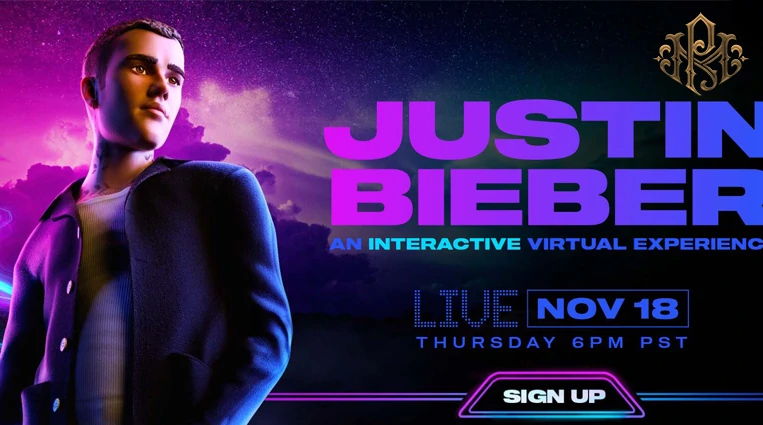
Close



The metaverse is not only revolutionizing the digital landscape but also creating a profound cultural impact. It is reshaping how we express ourselves, interact with one another, and experience the world around us. This essay explores the cultural implications of the metaverse, delving into its influence on identity formation, creative expression, and social interactions. As virtual worlds become increasingly immersive, interconnected, and accessible, the metaverse is redefining the way we perceive and engage with culture.
The metaverse offers individuals the opportunity to redefine their identities and explore new dimensions of self-expression. Through customizable avatars, users can transcend physical limitations and embrace their idealized selves. People can experiment with different personas, genders, appearances, and even species, broadening the spectrum of personal identity.
This freedom of self-presentation allows for greater inclusivity and acceptance within virtual communities. The metaverse provides a safe space where individuals can connect with like-minded people and find support and validation for their authentic selves. It challenges traditional notions of identity by highlighting the fluidity and multiplicity of human experiences.
The metaverse unleashes a new era of artistic and creative expression. Virtual environments enable artists, designers, musicians, and writers to push the boundaries of their creativity. They can create and showcase digital artworks, immersive installations, virtual performances, and interactive narratives that transcend the limitations of physical mediums.
Through the integration of augmented reality (AR) and virtual reality (VR), creators can transform physical spaces into virtual galleries, where visitors can immerse themselves in art experiences. The metaverse allows for collaborative creation and shared experiences, as artists from around the world can collaborate on projects and build upon each other’s work in real-time.
The metaverse offers new possibilities for the preservation, exploration, and dissemination of cultural heritage. Virtual replicas of historical sites, museums, and artifacts can be created, allowing people to experience and learn about diverse cultures and their rich histories without physical constraints.
Virtual reality simulations enable immersive visits to ancient civilizations, architectural wonders, and cultural landmarks that may be inaccessible or lost to time. This fosters a deeper appreciation for cultural diversity, promotes cross-cultural understanding, and encourages the preservation and conservation of cultural heritage.

metaverse concert
The metaverse nurtures social interactions and community building on a global scale. Virtual worlds provide spaces where people from different backgrounds can connect, collaborate, and form meaningful relationships. These digital communities foster a sense of belonging, as individuals with shared interests can come together irrespective of physical proximity.
Metaverse platforms enable real-time communication, voice chats, and interactive activities, creating virtual social environments that mimic face-to-face interactions. Friends, families, and colleagues separated by geographical distances can gather in virtual spaces to engage in collaborative projects, socialize, and celebrate shared experiences.
The metaverse is reshaping the entertainment industry, offering new paradigms for consuming and creating media content. Virtual concerts, film screenings, and live performances allow artists and entertainers to reach global audiences without the limitations of physical venues. Live-streamed events within the metaverse create a sense of shared presence and collective experience.
Furthermore, user-generated content plays a central role in the metaverse. Individuals can create their own games, stories, and interactive experiences, blurring the line between consumers and creators. This democratization of content creation allows for diverse narratives and perspectives to thrive, challenging traditional gatekeepers of media.
As the metaverse evolves, ethical considerations and challenges emerge. Issues such as virtual harassment, privacy concerns, and the impact of algorithms on content consumption need to be addressed. Platforms must prioritize safety measures, moderation systems, and user empowerment to create inclusive and respectful digital spaces.
Moreover, the metaverse should be accessible to all. Ensuring equitable access to technology and connectivity is essential to avoid exacerbating existing social and economic disparities. Bridging the digital divide will enable a more inclusive metaverse that benefits individuals from diverse backgrounds.
Conclusion:
The metaverse represents a cultural revolution, transforming how we express ourselves, connect with others, and experience art, history, and entertainment. With its ability to redefine identity, foster creative expression, build communities, and preserve cultural heritage, the metaverse offers a new dimension of cultural enrichment. As we navigate this digital landscape, it is crucial to address ethical challenges, promote inclusivity, and harness the full potential of the metaverse to create a culturally vibrant and connected society.